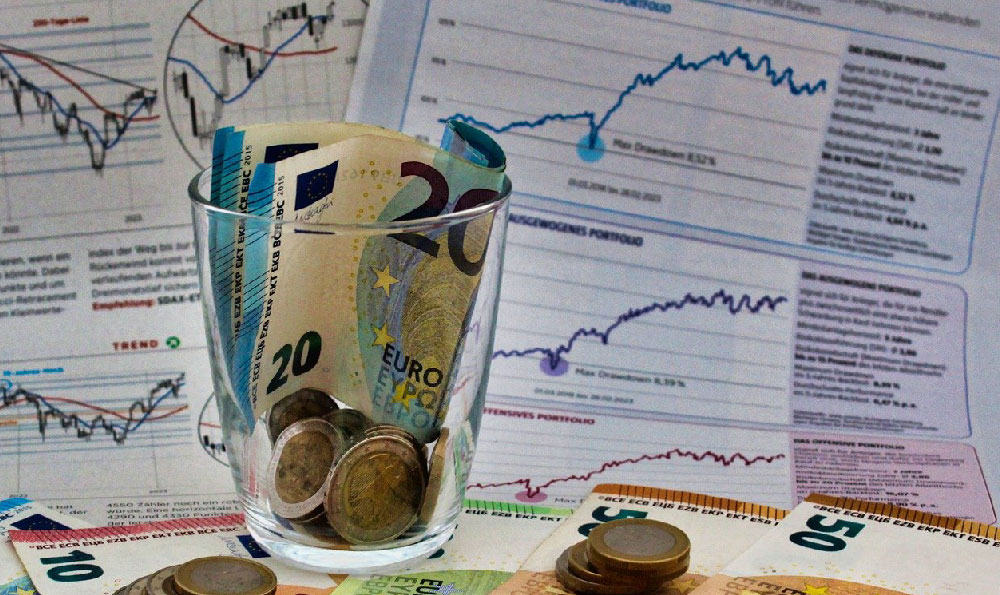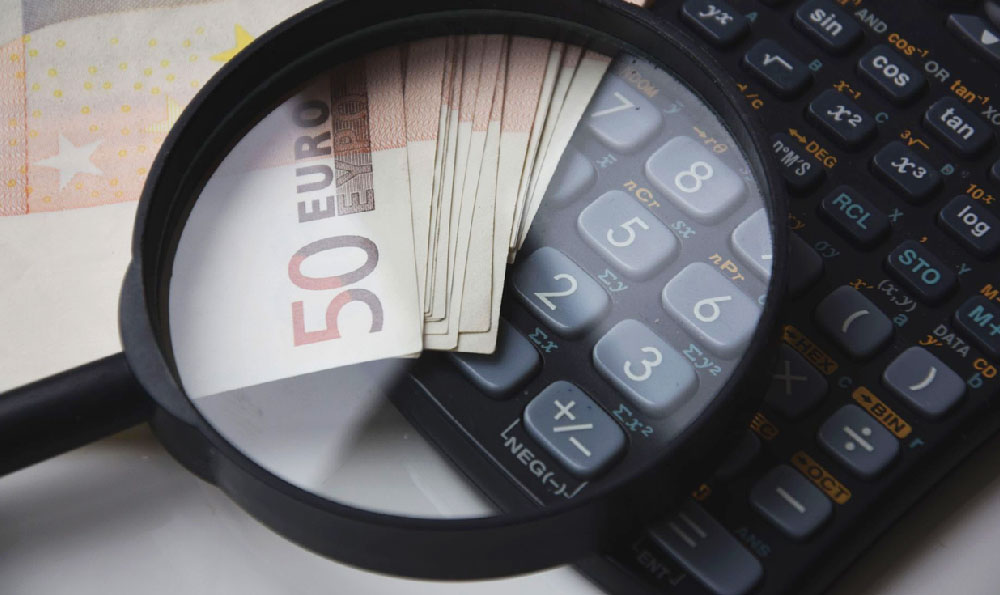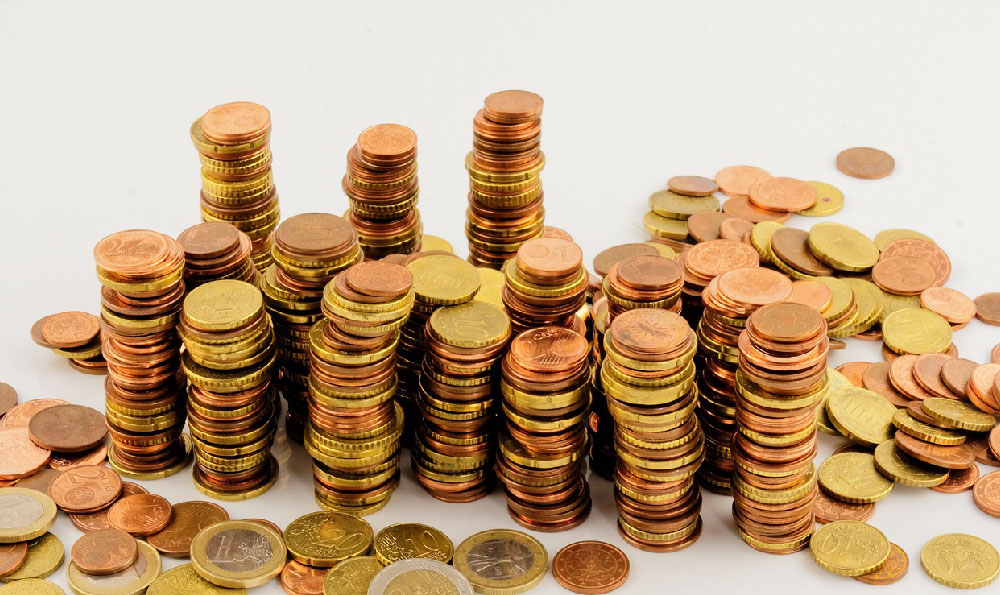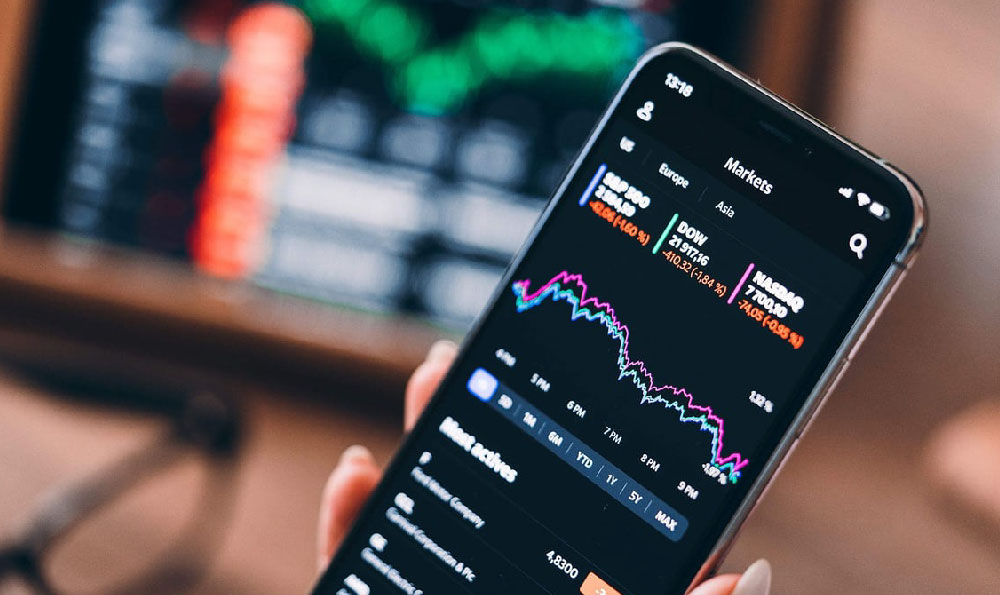Okay, I understand. Here’s an article responding to the prompt.
How Much Did Simone Biles Earn in the Olympics: What Was Her Prize Money & Sponsorship Deals?
Simone Biles is a name synonymous with athletic excellence, resilience, and mental fortitude. Beyond her groundbreaking achievements on the gymnastics mat, she’s also a highly sought-after athlete with lucrative endorsement deals. While her Olympic performances haven't always translated directly to massive cash prizes, her earnings are a result of a complex ecosystem involving sponsorships, endorsements, and the inherent value of her brand. To fully understand Simone Biles’ financial success connected to the Olympics, it's important to differentiate between direct prize money and the broader financial impact of her Olympic participation.

Direct prize money from the Olympics is surprisingly modest, especially when compared to the revenue generated by other professional sports. The United States Olympic & Paralympic Committee (USOPC) awards athletes for medal finishes. For the 2020 Tokyo Olympics (held in 2021), the payouts were $37,500 for each gold medal, $22,500 for each silver medal, and $15,000 for each bronze medal. While these amounts are significant, they represent only a fraction of an elite athlete’s overall earnings. Considering Biles' decisions to withdraw from several events in Tokyo to prioritize her mental health, her medal count, and therefore direct prize money, was lower than some might have anticipated based on her prior dominance. Her earnings from medals alone wouldn’t fully represent the economic impact of her participation.
The true financial windfall for Simone Biles doesn't come primarily from Olympic prize money; it stems from her strategic brand partnerships and endorsement deals. Her widespread appeal and undeniable talent have made her a magnet for major brands seeking to connect with her audience. Biles boasts partnerships with a diverse array of companies, representing sectors from athletic apparel to financial services. Her collaborations extend to brands like Nike (although she later partnered with Athleta), SK-II, Visa, United Airlines, and many others. These deals involve substantial financial compensation for Biles' participation in advertising campaigns, social media promotions, and other marketing initiatives. The value of these endorsements can range from hundreds of thousands to millions of dollars per year, depending on the scope and duration of the partnership.
The impact of the Olympics on these endorsement deals is undeniable. While Biles was already a well-known figure before her Olympic debut, her performances on the world stage catapulted her to international superstardom. The exposure and recognition gained during the Olympics significantly increased her marketability and bargaining power, leading to more lucrative and high-profile endorsement opportunities. For example, her decision to prioritize mental health during the 2020 Olympics, initially met with some controversy, ultimately solidified her image as a strong, authentic, and relatable role model. This, arguably, increased her brand value in the long run, attracting brands that align with her values and message of self-care and empowerment. Companies want to be associated with athletes who are not only talented but also possess strong character and resonate with consumers.
Furthermore, Biles' story transcends the realm of athletics. Her openness about mental health struggles has resonated deeply with audiences worldwide, making her a powerful advocate for mental well-being. This advocacy has, in turn, attracted brands that are committed to supporting mental health initiatives and aligning themselves with positive social change. This creates a virtuous cycle where her advocacy strengthens her brand and her brand provides her with a platform to amplify her message. It is an important consideration when analyzing her economic influence.
Calculating the precise figures for Biles' earnings from sponsorship deals and Olympic influence is challenging, as the details of these agreements are often confidential. However, industry experts estimate that she earns millions of dollars annually from these partnerships. Her career earnings, factoring in both prize money and endorsement deals, place her among the highest-paid athletes in the world. It is safe to say that her economic standing is tied to, but vastly exceeds, any direct money received for medal wins.
In conclusion, while the direct prize money Simone Biles earned at the Olympics is significant, it is only a small piece of the puzzle when it comes to understanding her overall financial success. Her true wealth lies in her strategic brand partnerships and endorsement deals, which have been fueled by her Olympic performances, her compelling story, and her strong personal brand. Her earnings are a testament to the power of athletic achievement, strategic brand management, and the ability to connect with audiences on a deeper level. Her legacy extends beyond the medals; it encompasses her influence as a role model, advocate, and a successful businesswoman. Her journey is proof that an athlete's value isn't solely determined by victories, but by the impact they make both on and off the field. It demonstrates the complex and evolving landscape of athlete endorsements in the modern era.












